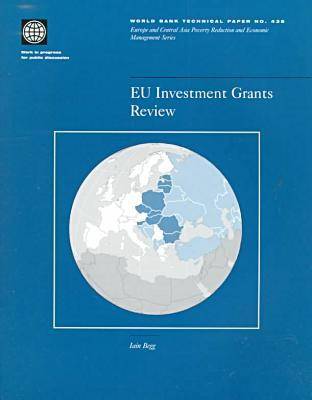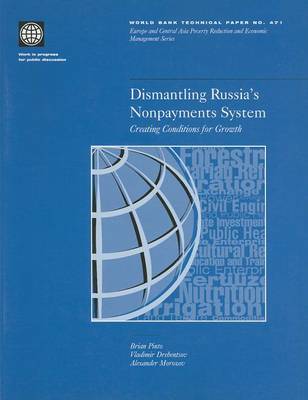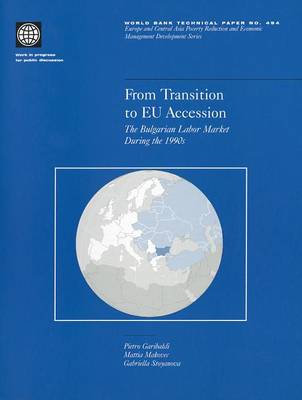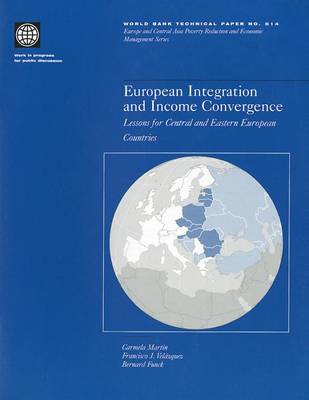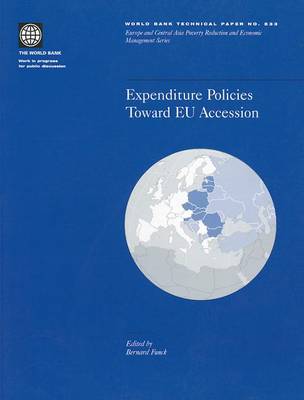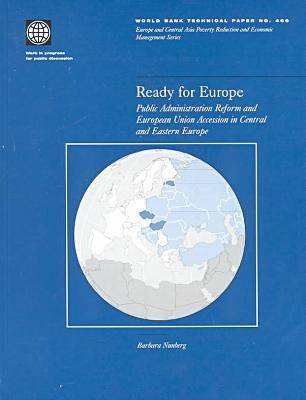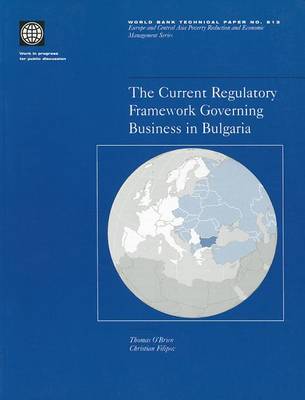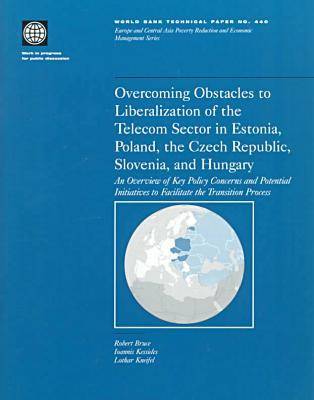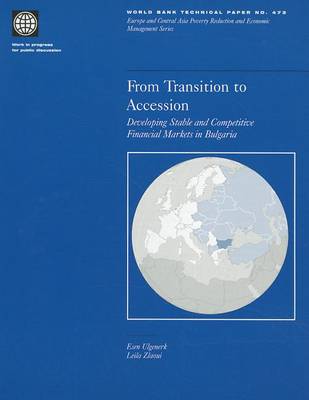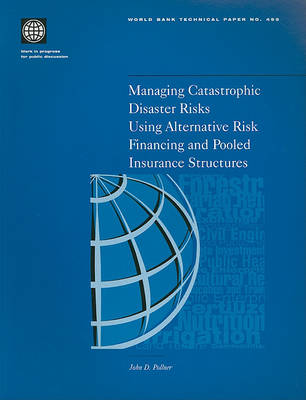World Bank Technical Paper: Europe & Central Asia Poverty Reduction & Economic Management
5 primary works • 10 total works
Book 435
Book 471
Dismantling Russia's Nonpayments System
by Brian Pinto, Vladimir Drebentsov, Alexander Morozov, and World Bank
Book 494
From Transition to EU Accession
by Pietro Garibaldi, Mattia Makovec, Gabriella Stoyanova, and World Bank
Book 514
European Integration and Income Convergence
by Carmela Martin, Francisco J. Velazquez, Bernard Funck, World Bank, and Francisco J Valazquez
Book 533
Finally the report makes recommendations for ways to curb expenditures and ways in which key expenditure programmes (such as on education, transport, and the environment) could be redirected to be more supportive.
The Current Regulatory Framework Governing Business in Bulgaria
by Thomas J. O'Brien, Christian Filipov, and World Bank
No. 440.
